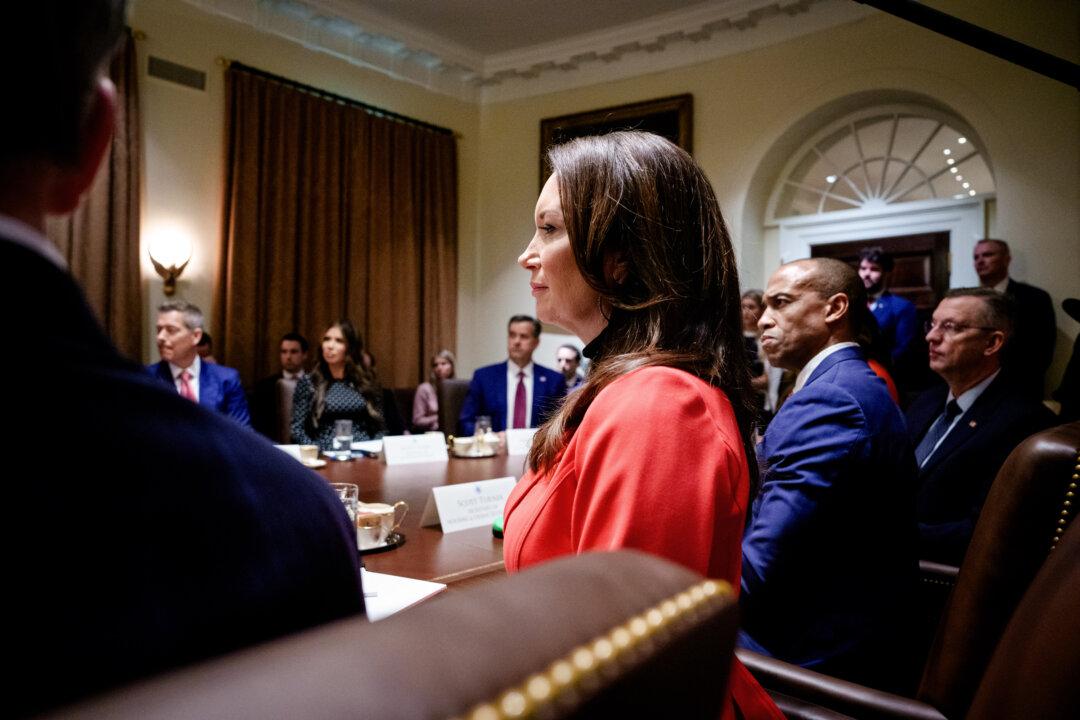The U.S. Department of Agriculture (USDA) announced on April 15 that it terminated a $3.1 billion climate-related farming program after finding that it didn’t align with the Trump administration’s priorities.
USDA Cancels $3 Billion Program for Climate-Related Farming
‘It became clear that the majority of these projects had sky-high administration fees,’ the agency says.

Agriculture Secretary Brooke Rollins attends the first Cabinet meeting during President Donald Trump's second administration, at the White House in Washington on Feb.26, 2025. Andrew Harnik/Getty Images
Jack Phillips is a breaking news reporter who covers a range of topics, including politics, U.S., and health news. A father of two, Jack grew up in California's Central Valley. Follow him on X: https://twitter.com/jackphillips5
Author’s Selected Articles




